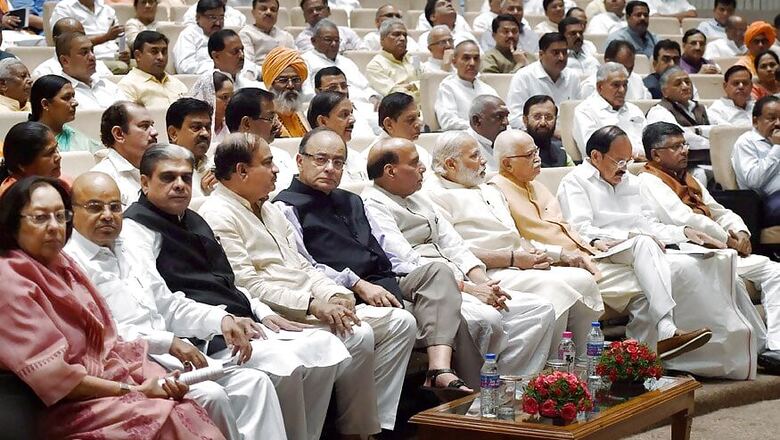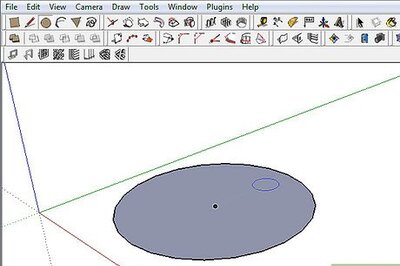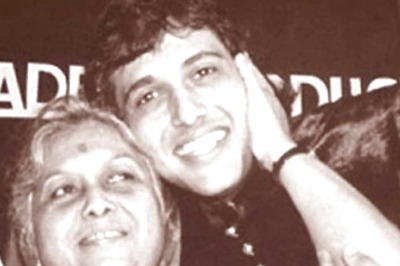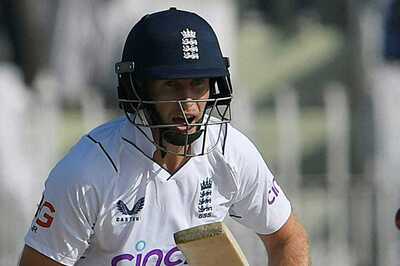
views
It is but very rare that a veteran parliamentarian like Sharad Pawar speaks out of turn on the floor of the House. This Tuesday, when the Rajya Sabha discussed the Kashmir turmoil, the NCP leader made one of these rare interjections on seeing treasury benches - including Petroleum Minister Dharmendra Pradhan - butt in as Leader of Opposition Ghulam Nabi Azad tore into Government’s Kashmir policy.
“Ministers don’t listen,” Pawar said as Pradhan jumped to his feet to defend the Government.
It goes without saying that BJP has had a wonderful track record in the Opposition. During UPA regime and even prior to that, it has given the political executive of the day a tough time - taking the government of the day to task.
Azad’s short sermon to the BJP on Tuesday explains what precisely had ailed Government-Opposition relationship. A large section of the Opposition has felt that BJP in power has not been able to make the transition from the opposition to the party in power.
“We are in the Opposition. If you want us to speak Government’s language, then we should sit at home. We are currently in the opposition, and we will speak like the opposition. When we were in government, we patiently listened in to the leader of opposition.” Azad said.
Despite an occasional swipe - like the one mentioned above - and an odd crossing of swords, this session for many reasons marks an inflection point in the Government-Opposition relationship. Treasury benches for a change have given space to the Opposition to do what their constitutional mandate is - that is take government to task.
The landmark tax legislation on General and Services Tax, pending in Parliament for more than a decade, was finally passed. From Dalit atrocities to Kashmir, Government agreed to opposition’s demand for discussion. Senior ministers like Rajnath Singh personally intervened to concede a debate on Kashmir violence in an attempt to reach out to members on the other side of the aisle.
Mayawati had her say when Rajya Sabha discussed Dalit atrocities in the aftermath of the Una incident. There was a certain understanding and admission on the part of Government’s parliamentary managers that it is the responsibility of the government to ensure that Parliament transacts business while it is in session.
The change in parliamentary tactic has yielded rich dividends. This by far has been one of the most productive session for the government. Rajya Sabha passed fourteen bills and discussed a host of issues including Kashmir violence and National Education Policy to the role of governors in Arunachal Pradesh and Uttarakhand.
After the House was adjourned sine die, Parliamentary Affairs Minister HN Ananth Kumar said the productivity of the Lok Sabha stood at 109.42 per cent and of the Rajya Sabha 98.96 per cent.
For once, and for a change, the party in power pulled itself out of election mode.The difference was for everyone to see.



















Comments
0 comment